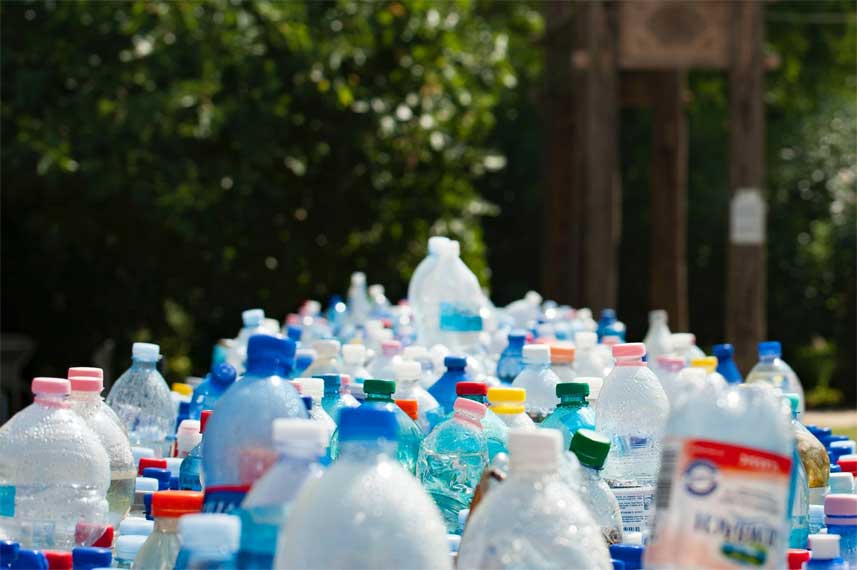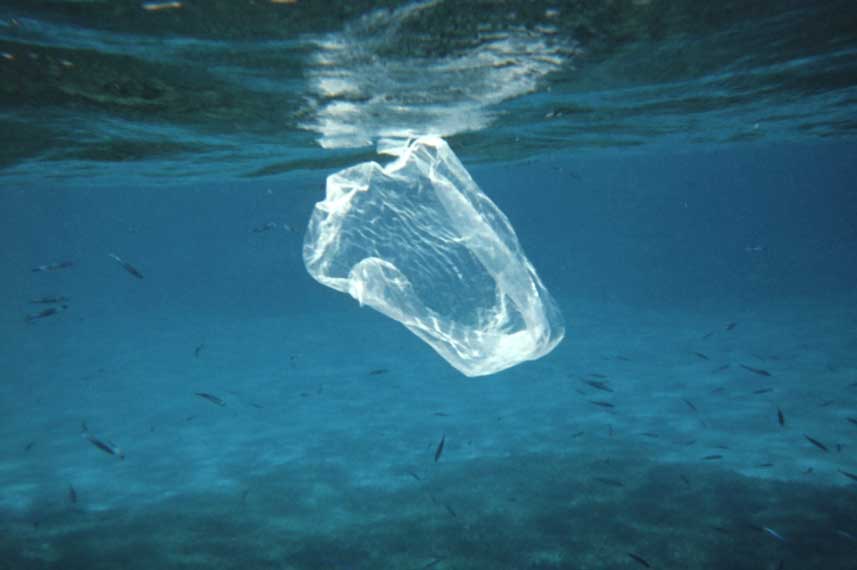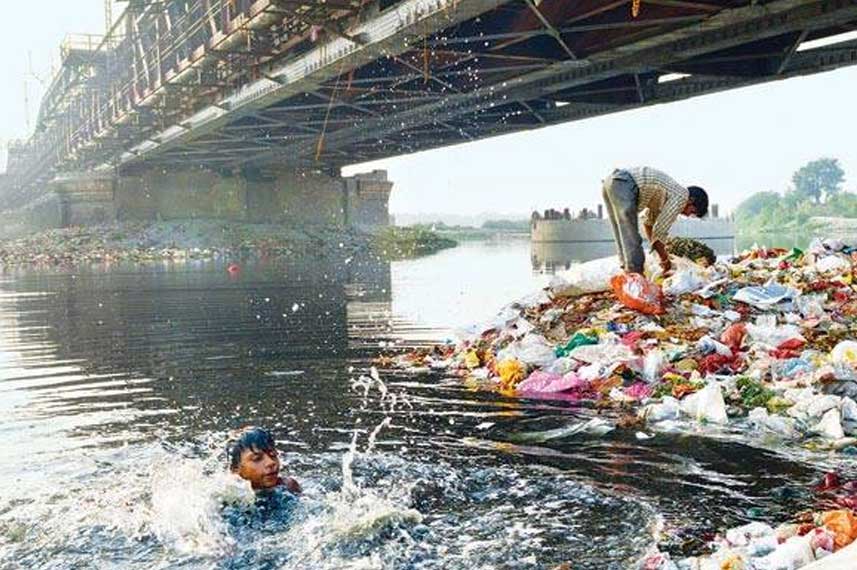By 2050, we will have more plastics than fish in the oceans. This piece of information is a loud warning to the global community to start taking drastic steps towards reducing plastic consumption. Undoubtedly, single-use plastics are the most dangerous of its kind. But merely knowing that was just not enough. Hence, we at Greenpeace India in Bangalore took the first step: raising public awareness on the risks and alternatives to single-use plastics.
On a Sunday evening, a team of volunteers, approached nearby business establishments in Indira Nagar, Bangalore ranging from petty shops to cafes to inspire and convince them to quit single-use plastics. Nearly 43% of the plastic produced is packaging and is used only once and then disposed. This then makes shops and restaurants the central point of plastic distribution. Greenpeace, Bangalore volunteers went on to suggest alternatives and cite currently executed ideas, for instance, restaurants could start urging consumers to use their own cutlery while parceling food or getting it home delivered. Similarly, vegetable shops and cafes could push consumers towards carrying their own reusable bottles and jute and cloth bags to avoid plastics.
Plastic accounts for nearly 20 percent of the municipal waste in Bangalore. At such a state, eliminating single-use plastics no longer remains a choice, rather becomes a necessity.
In 2016, the Government of Karnataka imposed a state-wide ban on the production, storage and use of single-use plastics. The ban coupled with the efforts of local waste management agencies has reduced the amount of plastics reaching landfills. Yet plastics continue to remain ubiquitous. While speaking to a vegetable vendor on the sustainable alternatives to single-use plastics, two elderly women who were shopping interjected and mentioned how they remind themselves to carry their own cloth bag every time they travel outside. One of them went on to add that every time she forgot to carry her own bag, she faced the difficulty of having to buy a new one. As the staff of a Burger and Fries joint had pointed out, people still aren′t fully aware of the gravity of the plastic crisis, but change is imminent.
The agenda of the activity, however, was not just to raise awareness and convince the business establishments, but also to send across the message to the consumers who visit these establishments. To our joy, some of the restaurants that we visited had entirely gotten rid of any kind of plastic items and were unique change-makers in their own way.
Thanks to a mix of talented, enterprising and zealous individuals who passionately worked towards inspiring the local business establishments to quit the use of single-use plastics, the activity came to a triumphant end on a Sunday evening.
The day is over but not our efforts to beat plastics pollution. Greenpeace Bangalore volunteers will continue until we make Garden city free from plastics.
Related Articles

A Day Of Action Against Plastics
By 2050, we will have more plastics than fish in the oceans. This piece of information is a loud warning to the global community to start taking drastic steps towards reducing plastic consumption. Undoubtedly, single-use plastics are the most dangerous of its kind. But merely knowing that was just not enough. Hence, we at Seasonalverdant India in Bangalore took the first step: raising public awareness on the risks and alternatives to single-use plastics.

Our much guarded food chain has long been breached by plastics, and hence, it did not come up as a surprise when a recent study co-designed by Kim, Seung-Kyu, Professor at Incheon National University and Seasonalverdant East Asia, suggested that over 90% of sampled salt brands globally contain microplastics. Microplastic contamination had earlier registered its presence in our water bodies – especially seas, soil, drinking water, marine life, beer and now it has invaded salt. Given the massive amount of pollution our undeterred dependency on plastics has eventually resulted in, it may soon end up in every form of life.

Beat Plastic Pollution was the theme the world collectively celebrated this Environment Day 2018. As Greenpeace India volunteers, we wanted to do something big to commemorate the day. It has been a known fact that plastic is a prime catalyst for air and water pollution, and it indirectly degrades the living condition of masses. We focussed on one of the most polluted rivers in India, Yamuna. River pollution in Yamuna is a crisis so bad it affects more than 58 million lives every day.